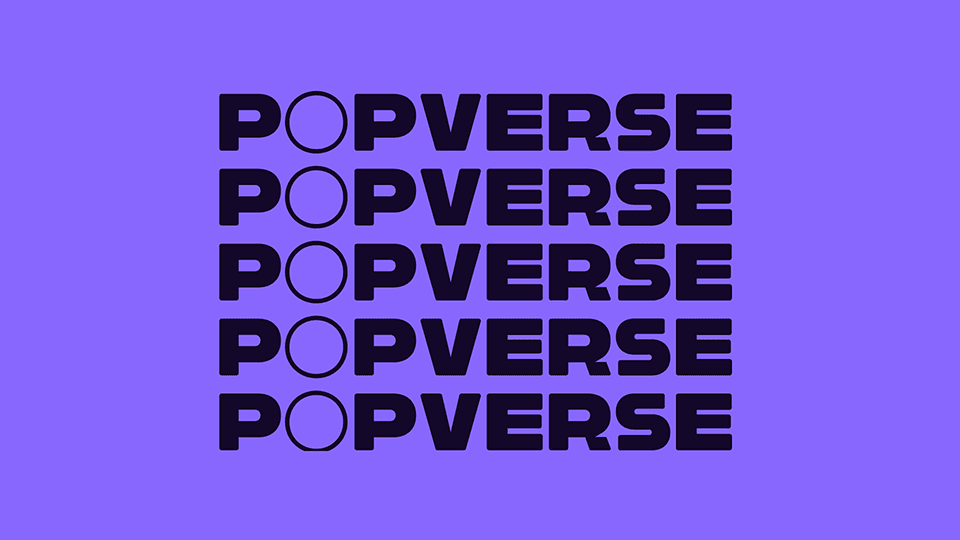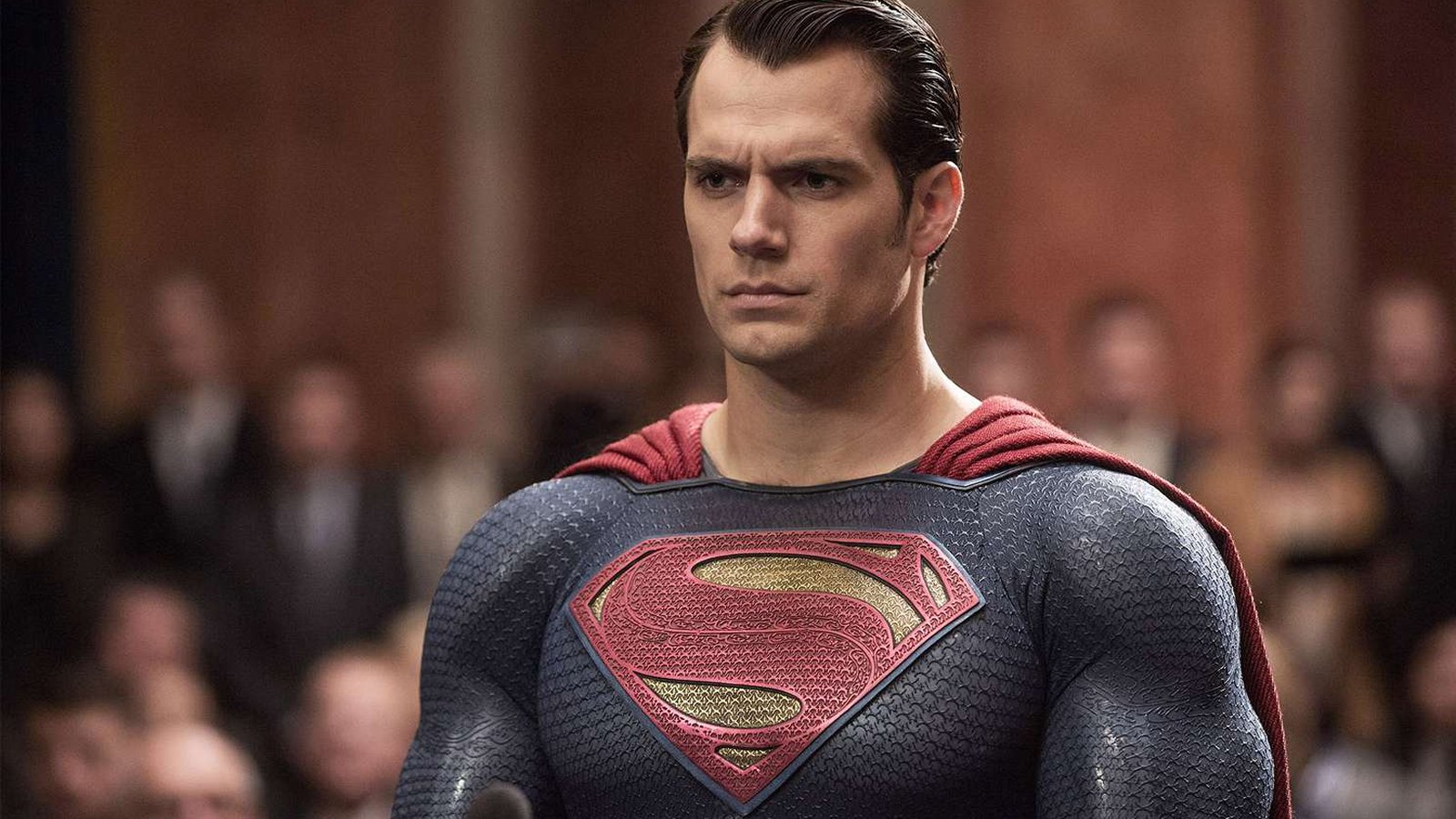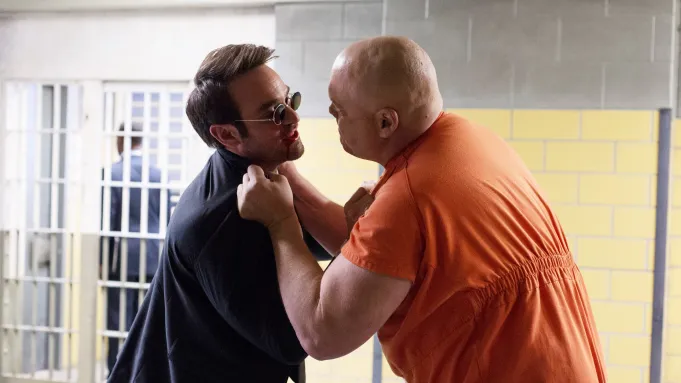If you click on a link and make a purchase we may receive a small commission. Read our editorial policy.
How many genres can fit inside Marvel's movieverse?
A breakdown of the genre-bent storytelling of the MCU

Amongst the many reactions to Doctor Strange in the Multiverse of Madness when it hit theaters earlier this month, there was one response that kept coming up, over and over again: 'This felt more like a horror film than a Marvel movie.' While it’s easy to understand the sentiment on one level – name another Marvel Studios production that has featured quite as many reanimated corpses, demons, or appearances by Bruce Campbell – it’s a thought that suggests that more attention needs to be paid to Marvel’s cinematic output as a whole. For quite some time, Marvel has been purposefully folding other genres and story structures into its superhero stories; in fact, it’s arguably what has kept the studio so successful for so long.
Where Have I Seen That Before?

That’s not to say that Marvel Studios isn’t primarily in the superhero business, of course. No matter how much it tinkers with its formula at the edges, with the Disney+ series Loki being arguably the furthest the studio has strayed to date, its insistence on ensuring that every single project takes place in the same shared universe and maintains a story structure that ensures a final act showdown between hero and villain – each of whom is likely to have superhuman abilities, or at least better-than-average skills in some specified area – pretty much guarantees that the Marvel Cinematic Universe remains home to stories that are firmly, securely, superheroic at their core.

It’s just that the studio has learned to add some flavor from other sources, in order to keep things interesting. There are the obvious projects where Marvel has used tropes or genre markers from outside of its superhero base: 2021’s Black Widow is, for much of its running time, a spy movie before it gets to its mid-air fight between two figures of near-impossible skill – admittedly, something that could be overlooked when considering how superhuman and amplified the so-called reality the average James Bond film already is; similarly, the same year’s Shang-Chi and the Legend of the Ten Rings borrows no small amount from the history of martial arts cinema on the path towards its climactic battle with the Dweller-in-Darkness. Hell, even Eternals lifts heavily – and awkwardly – from previous historical epics at points when trying to establish the scope of the immortals’ time on Earth. There’s even an episode in the middle of Loki’s first season that is, for all intents and purposes, a Doctor Who episode with Loki as the companion to Sylvie’s Doctor.
It’s not as if this is limited to recent Marvel releases, though; look back to 2014’s Captain America: The Winter Soldier, which took its lead from the Ed Brubaker-written Cap comics to lean into a 1970s political thriller vibe. That same year’s Guardians of the Galaxy stays in the same decade for its own influences, with sci-fi movies like Dark Star echoing through as well as no small inspiration taken from the very particular kind of lowkey crime movies of the same era. Elsewhere, Thor: Ragnarok is a 1980s buddy comedy, and the double bill of Avengers: Infinity War and Avengers: Endgame is little more than a 1970s Irwin Allen disaster movie with better special effects and a bad guy to punch.
None of this is meant as an insult, I want to make clear. Just the opposite; Marvel’s ability to splice superheroes with external genres with such care and precision in order to maintain excitement and interest around their movies and shows is a skill that should be studied by competitors and critics alike to try and understand the studio’s secret sauce.
The Benefits of Crossing Over
Part of the success comes, I suspect, from a deep understanding of what actually makes Marvel appealing to audiences – something that has been the case ever since Stan Lee and Jack Kirby’s Fantastic Four redefined the superhero comic book more than half a century ago. For all the visual spectacle of the costumes and the powers and the complete superhero of it all, Marvel’s appeal has always centered around the individual characters themselves, and how easy it is for the audience to empathize with them. Back in the day, it was as simple as showing Ben Grimm and Johnny Storm bicker in between cosmic adventures. For Marvel Studios, it’s allowing the characters to have some sense of how ridiculous their lives are, even as they wrestle with whatever existential threat they’re dealing with that particular day.

That sense of humor, and the firm belief that character trumps everything else in Marvel moviemaking math, allows Marvel to quietly switch up a lot of things about its formula as long as it retains the central elements that filmgoers expect. If the movie has character interaction and a recognizable hero-vs-villain arc, then who cares if much of the movie plays out like something that Eddie Murphy might have appeared in 1984? (An Eddie Murphy/Hulk buddy comedy during that era would have been amazing)
Another example of smart thinking on Marvel’s part is that filmmakers haven’t really strayed too far when looking to bring in external genres. For the most part, each borrowed genre is something that mainstream movie audiences are already familiar enough with so as to need no further introduction, or explanation, that would derail the momentum of the movie. Even if Marvel audiences aren’t necessarily fans of, say, The Conversation, they know enough of the tropes and ideas from that movie – as filtered through the many other films and shows it’s influenced – to understand references without getting too lost. Or, to put it another way, you don’t have to have seen True Lies to understand the 1990s action movie that Captain Marvel channels, even if those familiar with the 1994 Arnold Schwarzenegger vehicle might have picked up on the hiding-in-plain-sight vibes of Jude Law’s villainous Yon-Rogg as a result.

There is a theoretical third benefit to the genre-mining of Marvel’s projects – namely, that the few who aren’t already lining up at the multiplex for the latest MCU offering could be lured in by seeing the MCU adopt their own favorite genre even just for one movie. As yet, this theory has yet to be proven correct. If anything, there’s an argument to be made that the opposite is true, with Chinese audiences seemingly rejecting last year’s Shang-Chi and the Legend of Ten Rings, and horror fans have been somewhat dismissive over discussion about whether or not Multiverse of Madness is 'too scary.'
No Endgame
Such responses aren’t likely to curb Marvel’s interest in pulling in other genres to splice with superheroes, in the long term; instead, it’s more likely that we’ll see Marvel do what it has historically done when faced with rare missteps or failures – pick itself up, carry on and subtly change its approach until it finds what works. Consider that we’ve not really had a 'flop' Marvel movie since 2008’s Incredible Hulk, which was also arguably the most creatively individual of the movies to date; that’s not just good luck and coincidence, but the product of a number of talented people trying very hard to ensure that as many people as possible like their product.
Don’t expect such genre-bending and borrowing to go away anytime soon, either. With multiple new entries due every year into a franchise that is already well-populated – Doctor Strange in the Multiverse of Madness was, shockingly, the 28th Marvel Cinematic Universe movie since 2008’s Iron Man, and that’s saying nothing of the associated television series – it only makes sense for Marvel to want to expand beyond one single genre as much as possible to keep its audience’s interest, without alienating its base or diluting its brand. Just as its movie multiverse keeps growing, so will Marvel Studios’ genre footprint… at least until straightforward superheroics become cool in a retro sense.
Speaking of genre movies, check out Popverse's review for the romance-themed Thor: Love and Thunder
Follow Popverse for upcoming event coverage and news
Find out how we conduct our review by reading our review policy
Let Popverse be your tour guide through the wilderness of pop culture
Sign in and let us help you find your new favorite thing.
















Comments
Want to join the discussion? Please activate your account first.
Visit Reedpop ID if you need to resend the confirmation email.